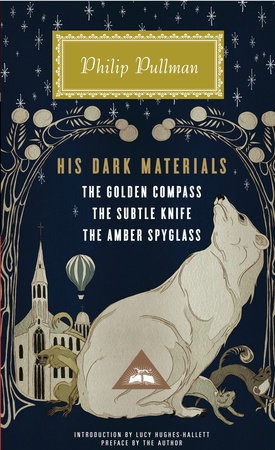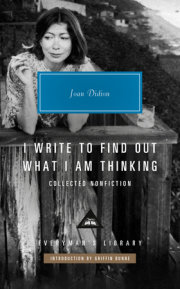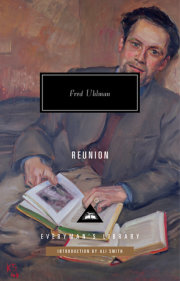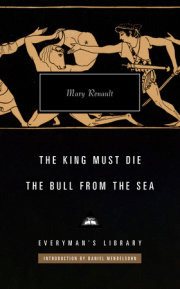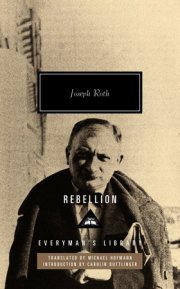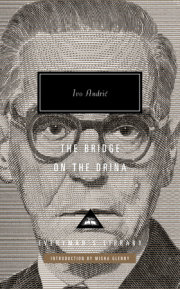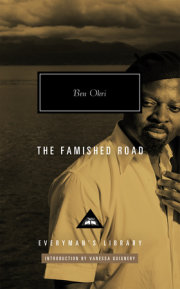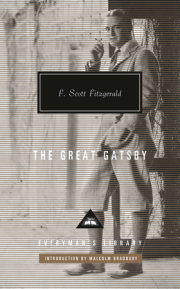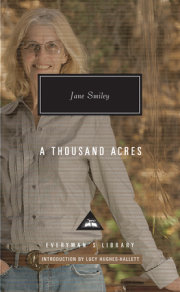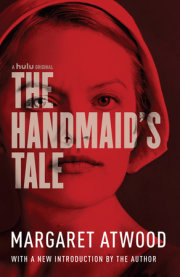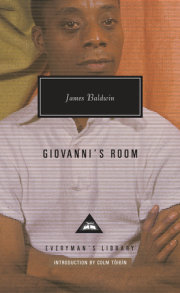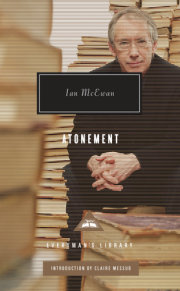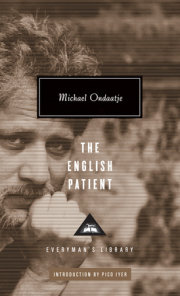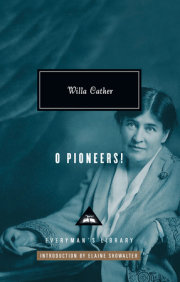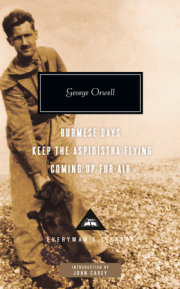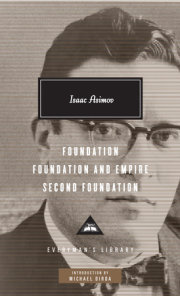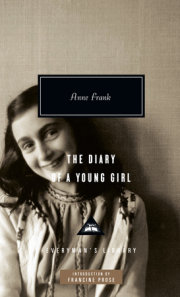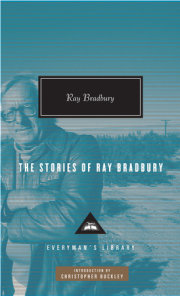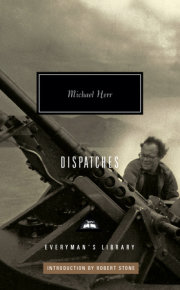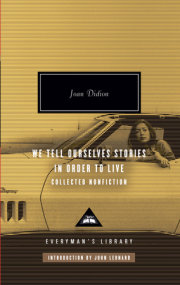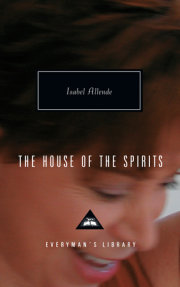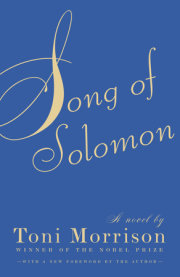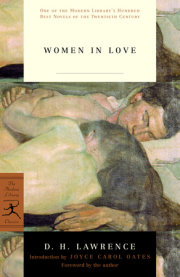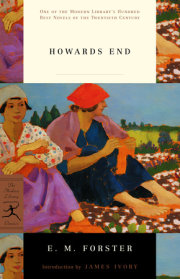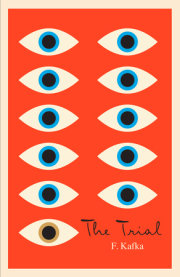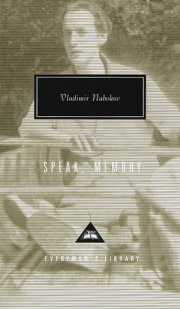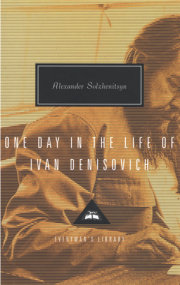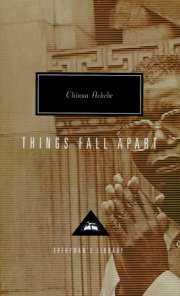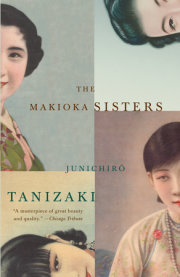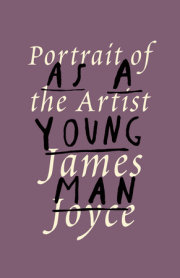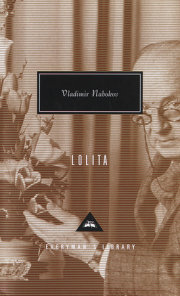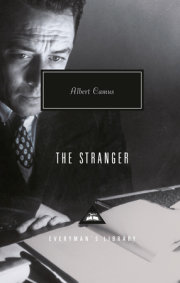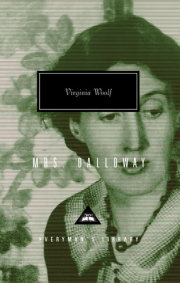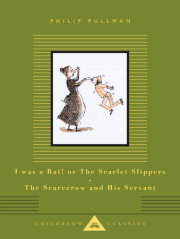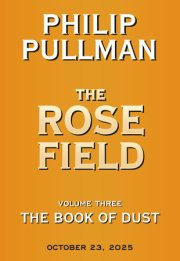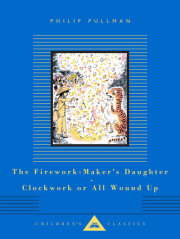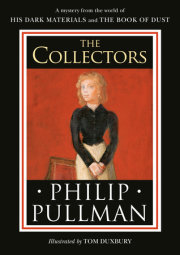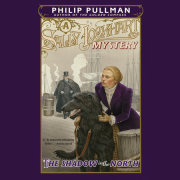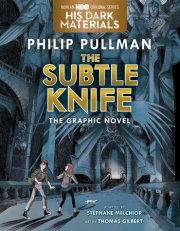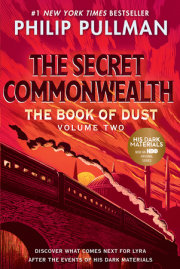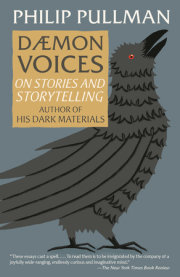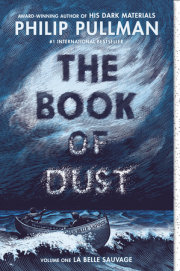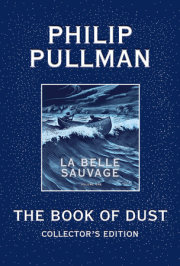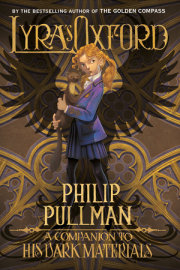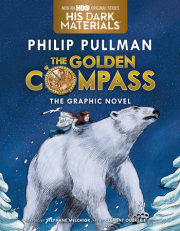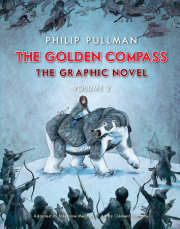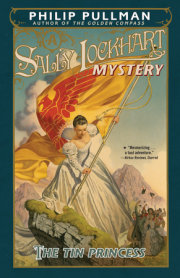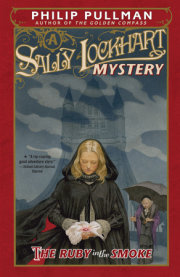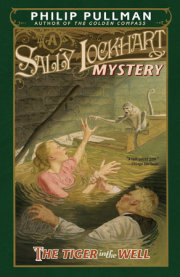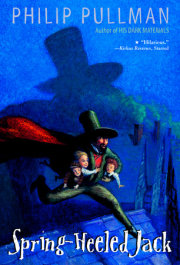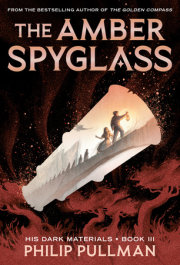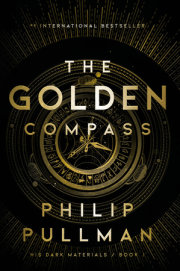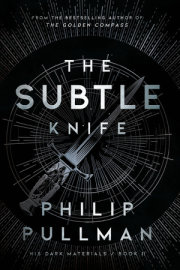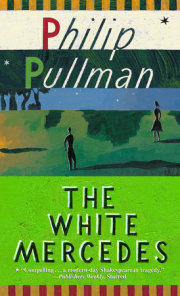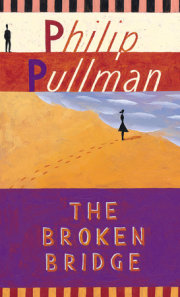PrefaceI began to write this novel with little sense of the plot, even less notion of the theme, and only the vaguest idea of the characters. I'm convinced that that's the way to do it. I tried to work out the plan of a novel once, when I was young, ahead of writing it. It was an excellent plan. It took me months and covered page after page, and in the end I was so fed up with the damn thing I threw it away and started a quite different novel with no preparation at all, which came out much better. I suppose these things are partly temperamental; I know that some excellent writers make a great thing of planning every book before they write it; but it doesn't work for me.
One thing such a technique prevents is what I think every long book must have if I'm not to go mad writing it, and that's the element of surprise. I had no idea what Iorek Byrnison, the armoured bear, would say when Lyra first came face to face with him. His vulnerability to strong drink was a huge surprise. I knew there was going to be a boy called Will, but his reason for running away and thus meeting Lyra was a complete mystery to me until it happened. As for Lee Scoresby, I was as ignorant of his existence as the gyptians themselves the sentence before he turned up. These surprises are pleasant and exciting; they feel like a kind of reward. If I knew they were coming I wouldn't enjoy them at all.
In the first sentence above, I mentioned something I called the theme. By that I mean what the book is
about, in some fundamental sense. I've heard that some writers decide on a theme first, and then make up some characters and a plot to exemplify it. They seem to get on all right, but again, it wouldn't work for me. A book, especially a long book like
His Dark Materials, has to have some sort of theme, or else you'll be working for a long time (this story took me seven years) in a moral vacuum. But that doesn't mean you have to decide what the theme is. If you're working as seriously as you know how to, for a matter of years, then a theme will emerge whether you want it to or not. It'll be something you think very important. It might be the most important thing you know. Once you know what it is, you can shape the story more precisely to help it show up, but it's a mistake to rely on the theme to lead the story for you. I think I did that in a couple of places in this book, and it's the worse for it. But there we are, we're never too old to learn. Next time I shall remember: the story should lead, and the theme will emerge in its own time and its own way. Besides, if you want to write something perfect, write a haiku. Anything longer is bound to have a few passages that don't work as well as they might.
So here is a story that was the best I could do at the time, written with all the power and all the love I had, about the things I think most important in the world. I think it was worth writing. I hope you think it's worth reading.
Philip Pullman
Copyright © 2011 by Philip Pullman. All rights reserved. No part of this excerpt may be reproduced or reprinted without permission in writing from the publisher.

